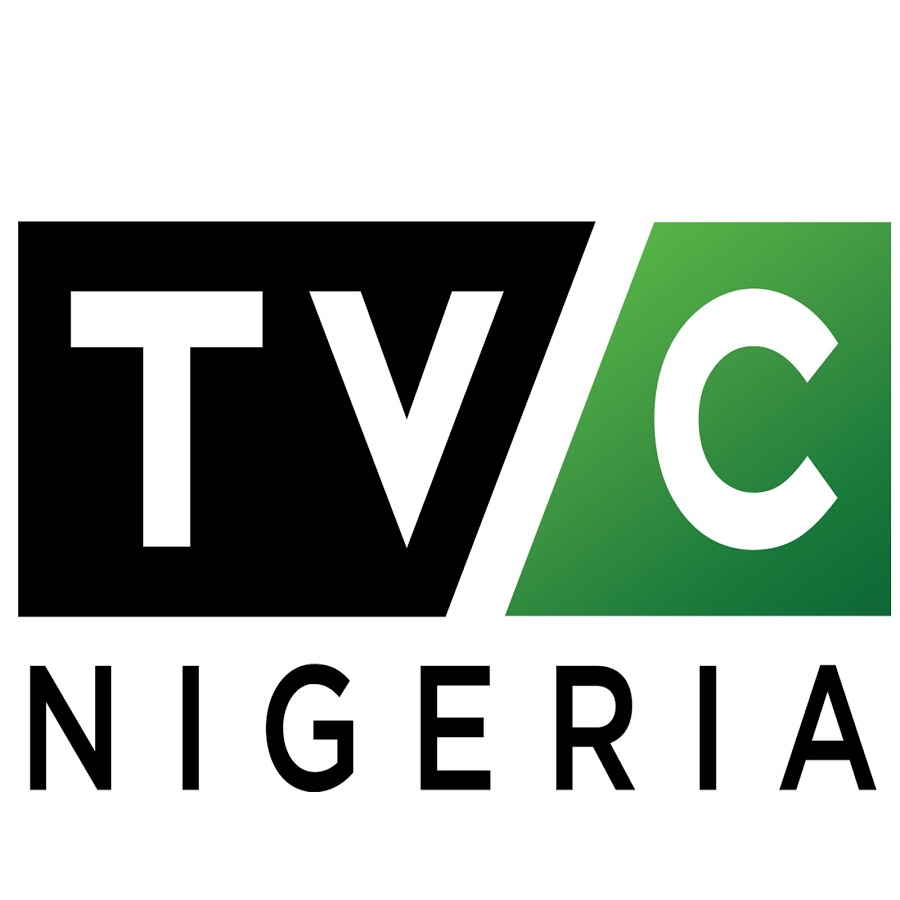Who Will Release Multiple Taxation’S Choke-Hold on Ad Development?
As government continue to look inward on how to improve on revenue generation, advertising practitioners on the other hand insistently decry the adverse effect of multiple charges imposed on them by regulatory agencies. Godwin Anyebe reports.
There is no doubt that no nation can attain its full potential without tax input, be it internally generated revenue (IGR) or otherwise. To further actualise the above assertion, in 2002, a Study Group on the Review of the Nigeria Tax System headed by Professor Dotun Philips was set up to address the need to place more importance on taxation in the face of a decline in focus on taxation and increased dependence on oil as a source of revenue.
The report of the Study group was further subjected to a Working Group setup in 2003 and headed by Mr. Oluseyi Bickersteth. The outcome of both reports were largely consistent but with significant differences in the manner in which tax should be administered nationwide.
On the other hand, the advertising industry has had a positive impact on the nation’s economy in recent times; accounting for about N16.2 billion which apparently represent over 45 per cent of total ad spends 2014. Among other major achievements of the industry, is fact that that segment of the nation’s economy has continued to evolve from the analogue to a digital age, and has successfully interfaced between brands and the larger society.
Though, it is believed in some quarters that despite the evolution in the advertising industry, local brands have not enjoyed the benefit of the development compared to their global counterpart.
This, analysts attributed to low rate of ad placement which is not unconnected with multiple charges on advertising by government agencies.
However, rather than considering the channel as a platform for job creation as it enhances creativity, patrons seems not to be encouraged, a prognosis that has become a source of concern to all practitioners. Reason being that government at all levels are keen about increasing Internally Generated Revenue (IGR), therefore, have turned their attention to the sector.
Daily Times findings revealed that one of the resultant impact of such act is the establishment of regulatory agencies and in some instances, government employs the services of consultants to regulate, monitor and control advertising with arrant disregard to constitutional provision that vested such responsibility on the local governments.
Beside the state governments, other bodies including federal ministries, some concessioners, local government councils and their agents among others, harass practitioners with multiple levies. This unfriendly circumstances has made business difficult for advertising practitioners who are currently paying multiple charges, levies and taxes through their noses.
The unfortunate development has led to staff retrenchment as practitioners can no longer pay salaries because of multiple charges imposed on them by government agencies and the resultant low patronage. Reacting to this menace, the president of Outdoor Advertising Association of Nigeria (OAAN), Charles Chijide, said: “The fall-out is that over 70 per cent of our boarding are now vacant and many of our member agencies have had to reduce their staff strength by over 50 per cent,”
Speaking to Daily Times on the effects of multiple charges on advertising by government agencies, a tax expert and a brand analyst, Adewale Okoya disclosed that, the situation is worrisome. His word; “High tax rate should ordinarily have no effect on ad spend in organisations that are properly structured because expenses on marketing/advertising are tax deductible. Expenses on advertising will only be affected when sales are dwindling or customers are moving their patronage to the competition. In the case of outdoor advertising where regulatory agencies charge agencies a lot of money as part of the effort to shore up IGR, spending on advertising can be adversely affected as advertisers may be unwilling to pay additional costs to the agency for using their billboards.”
“Out-of-home advertising agencies are seriously at a loss here because most advertisers will not want to use their services as they will be too expensive. The implication is that billboards will remain vacant for prolonged periods while day-to-day cost of maintaining the sites remain. As for experiential marketing which can also be affected by excessive tax in the guise of IGR, advertisers will not stop investing in this kind of promotion, they can only scale it down where necessary such as using two artistes instead of four or five or taking the activation indoors instead of outdoors.”
He however refused to concur with the belief in some quarters that multiple charges on ad placement due to tax or IGR affect the promotion of local brands.
His words “I disagree that this will affect the promotion of local brands because outdoor advertising is a support medium. If the cost of advertising in the outdoor medium is too expensive, advertisers will simply direct their promotional activities to other aspects of the marketing mix like print, television, digital or sponsorship, among others. No matter what happens, brands which understand the value of marketing will always set aside money for promotion.
“Handlers of local brands largely ignore advertising because they do not fully appreciate the benefits of aggressive brand building in the market place. A school of thought believes that advertising rates in this country are still very low and inadequate to ensure the survival of media outlets. The low level of promotional activities among local brands is not due to high rate of advertisement or high IGR, it is because they are poorly funded and are mostly satisfied with moderate growth.”
Reacting to issues on whether the circumstances actually affect the work of sign writers, he posited that the doctrine of interdependence dictates that if one part of the system is not doing well other parts will be similarly affected. Just as outdoor advertising practitioners suffer in the hands of regulatory agencies looking for IGR, so also do sign writers suffer but to a lesser extent because a lot of their works are passed on to clients who will face regulatory issues on their own, if any arises.
In an attempt to address the issue, Advertising Practitioners Council of Nigeria (APCON) the body regulating advertising practice in Nigeria organised a public forum with the theme “Outdoor Advertising Regulation and Control in Nigeria.” To underscore the importance of the occasion, the one-day event attracted stakeholders from government, National Assembly, APCON heads, corporate organisations, and heads of sectoral groups among others.
The forum reviewed the state of outdoor advertising practice and regulation, identified and analysed areas of conflict and proposed some measures that need to be taken to achieve a better, thriving and mutually rewarding industry in Nigeria.








